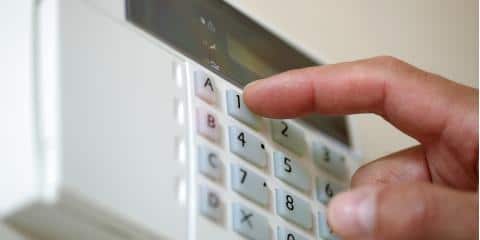
Fire alarms play an important role in protecting your home and family. They’re designed to detect smoke particles in the air and alert you to potential danger. However, these are sensitive instruments that can be triggered by several different elements. As such, it’s common for them to produce a false alarm. If this keeps happening, you’ll need to figure out why to prevent it from continuing. Here are some of the reasons your device might go off repeatedly.
What Can Trigger a Fire Alarm?
1. Dust
Over time, dust naturally collects in various areas throughout your home. As it floats in the air, it can easily get inside your fire alarms and build up on the sensor.
Since dust reflects light similar to the way smoke particles do, the device will mistake them for being one and the same, causing it to send out a warning signal. Thus, it’s a good idea to remove the casing periodically and clean out any dirt, dust, and debris that’s accumulated.
2. Steam or High Humidity

When steam develops from cooking or a hot shower or the humidity levels in your home get too high, your fire alarms may inaccurately sense this as light smoke particles.
To avoid this, pay close attention to where you’re installing these devices and don’t place them too close to the kitchen or bathrooms. You can also open the windows, circulate a fan, and use a dehumidifier to help dissipate steam and reduce moisture content in the air.
3. Insects
All types of insects can enter your home in search of food, water, and a dark place to hide. Fire alarms often provide an ideal spot for them to take cover.
If they crawl inside, they can interfere with the sensor and cause the alarm to go off. You’ll need to clean them out from time to time or consider installing modern devices, many of which come with insect screens to keep little creatures from entering.
4. Malfunctioning Fire alarms aren’t meant to last forever. They’re made with electric components that will eventually malfunction and fail to work correctly. According to the U.S. Fire Administration, your devices should be replaced after 10 years. If it’s close to or over this timeframe, it’s vital to switch them out for new ones you can rely on.


